Dead man had enemies, criminal background, jury told
The victim of a daylight execution had "enemies" and a substantive criminal background — and the man accused of his murder was warned by police he too could be "eliminated".
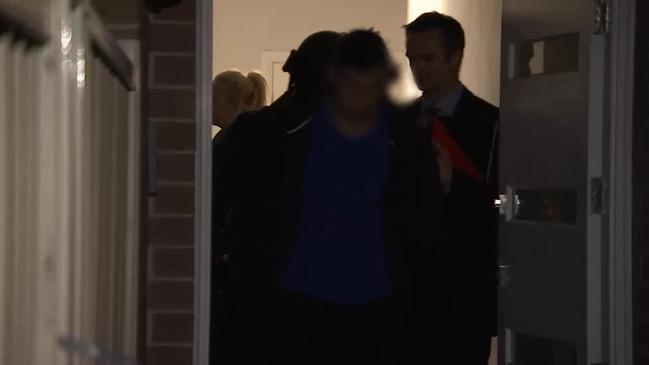
NSW
Don't miss out on the headlines from NSW. Followed categories will be added to My News.
- Accused murder scout Hawat suggests he was ‘smoking cones’
- “Far-right” teen has charges dropped after alleged attack on journalists
A man gunned down in a hail of bullets in Sydney’s west was a well-known criminal, under investigation for drugs and firearms, and had “numerous enemies”, a court has heard.
The only person to face trial over the execution was warned he and his family were at risk of being “eliminated” and discussed witness protection with the police.
Hamad Assaad was sitting in his ute, parked in his Georges Hall driveway, when two gunmen leapt from a stolen Audi with pistols drawn on October 25, 2016.
Chilling vision, screened before a NSW Supreme Court jury, appears to show them firing 22 bullets — the last into Assaad’s head — on the morning assassination.
They were never caught — but their alleged surveillance man, Osama Hawat, is now standing trial for murder.
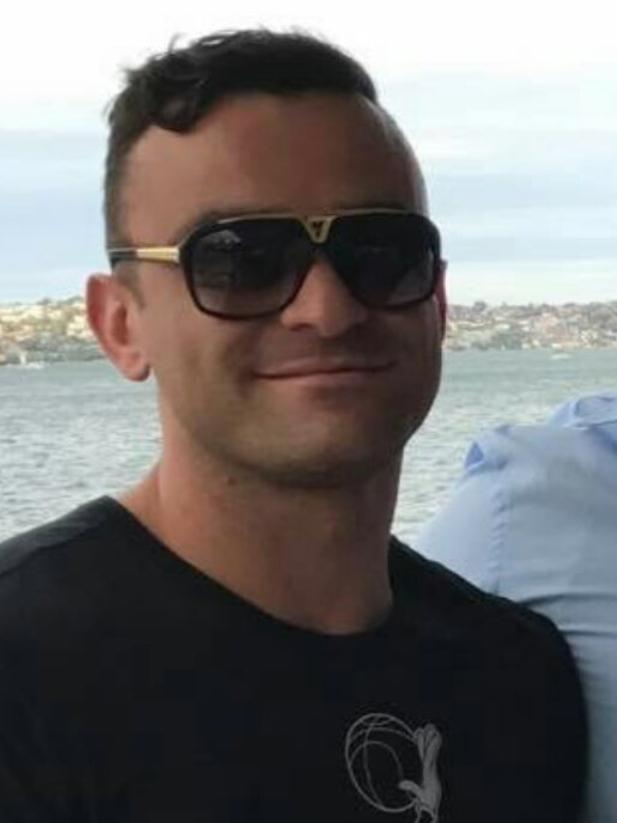
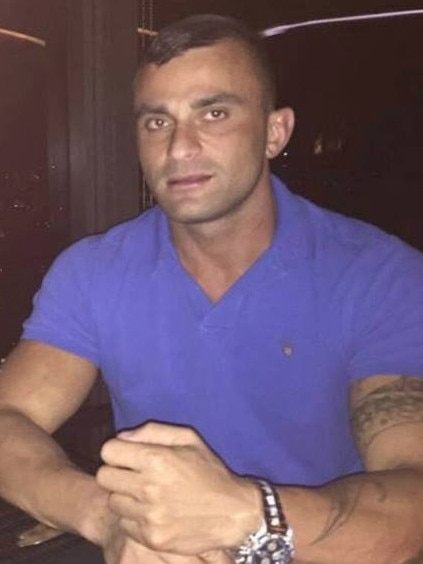
He is the only person to be charged for the slaying and police allege he willingly took part in a “joint criminal enterprise” that had the objective of taking out Assaad.
The jury, on Tuesday, were given insight into the dead man’s own murky links.
Hawat’s barrister, John Kelly SC, said that the Assaad was well known to police and the case’s lead detective, Detective Sergeant Ricky Hennessy, agreed.
It was put to the detective that Assaad had a “substantial” criminal history.
“That’s a subjective term, but he had a criminal history,” the officer responded.
More than that, Mr Kelly continued, Assaad was known for a number of “serious offences” including standover, drug supply and firearms trafficking.
“And he remained on the police radar after his release from prison until (his death) in relation to substantial criminal activity,” the barrister said.
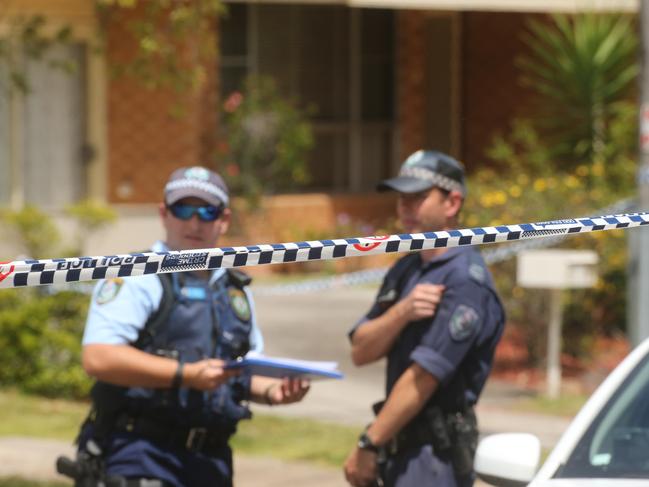
The detective agreed, noting he was only aware of Assaad’s possession of firearms rather than trafficking.
Mr Kelly said Assaad had “numerous enemies” at the time of his death.
“He certainly had some enemies, I don't know if numerous is accurate,” Det Sgt Hennessy responded.
Detective Sergeant Hennessy was speaking with Hawat shortly after he was arrested, months later in mid-2017, and warned the plumber he could be under “threat” of being killed as well.
“You didn’t suggest to (Hawat) that others might have him killed?” Mr Kelly asked.
“I said there was potential for that to occur, yes,” Det Sgt Hennessy responded.
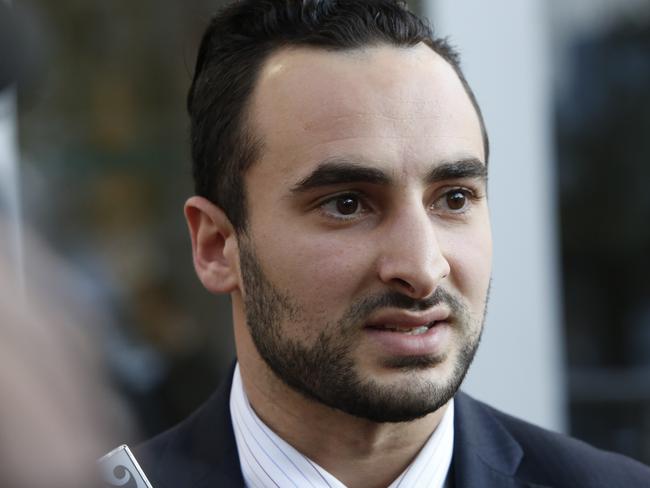
The detective agreed with Mr Kelly that Hawat was told the threat of “elimination” extended to his wife and loved ones if his name was publicised.
“Did you then, in that context, offer him witness protection?” Mr Kelly asked.
“I explained to Mr Hawat that if he were to become a witness, police would be in a position to offer him witness protection,” the officer responded.
But, the court heard, the media had already begun reporting on the high-profile arrest.
By the time Hawat was allowed to speak privately with his wife in an adjacent room of Bankstown Police Station, he was already appearing in news stories being lead from his home by officers.
The trial continues.
